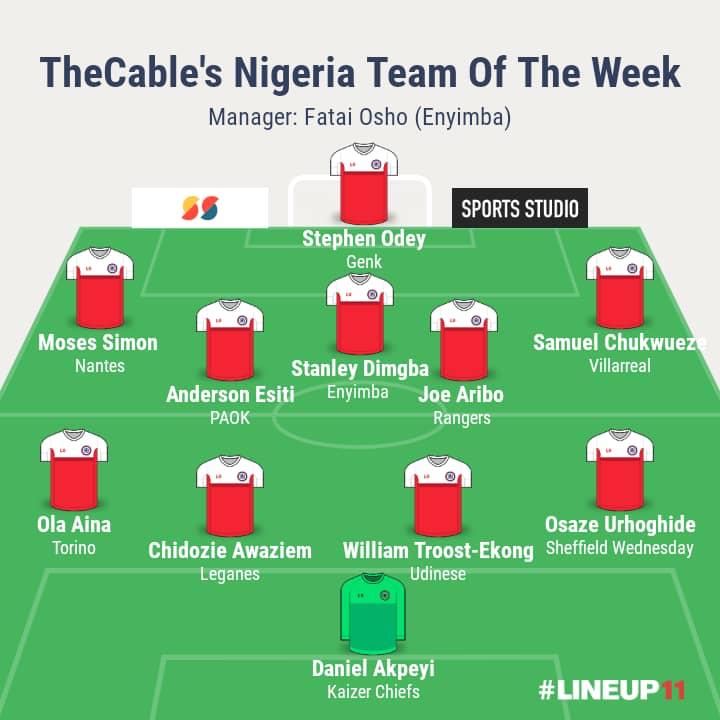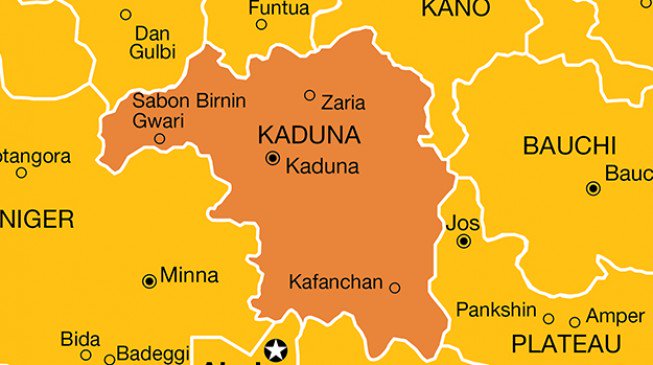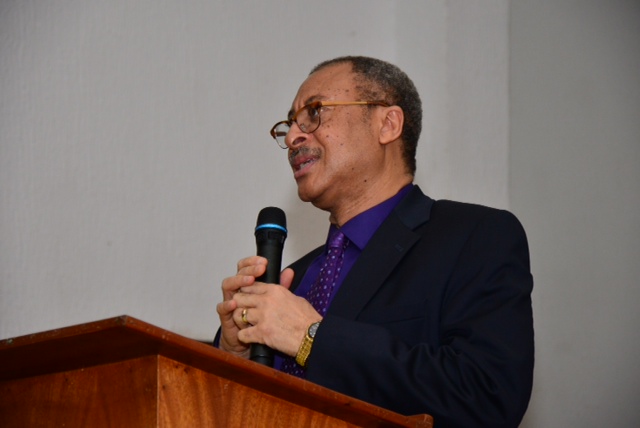This will be a relatively quiet week for the Nigerian economy data-wise as investors await updates on consumer prices.
The annual inflation rate is projected to jump 12.10% as food prices surge amid the country’s ongoing border closures. Rising inflationary pressures will certainly complicate the Central Bank of Nigeria’s efforts to ease monetary policy to stimulate growth.
While the outlook for Nigeria’s economy remains influenced by oil prices and US-China trade developments, domestic risks must not be overlooked.
According to the World Bank, the country’s growth is projected to remain broadly unchanged, rising only to an average of 2.1% in 2020-2022.
Advertisement
The international financial institution expressed concerns over policy uncertainty, multiple exchange rates, foreign exchange restrictions and rising inflation. For Nigeria to truly break away from the chains of oil reliance and reduce exposure to external risks, structural economic reforms need to be put in place.
Outside of Nigeria, the United States and China are expected to sign the “phase one” trade deal on Wednesday.
This step should boost global risk sentiment and support not only stock markets but emerging-market assets.
Advertisement
Oil prices were explosively volatile last week amid geopolitical shocks. Although the commodity has entered this week on a calmer note, any signs of renewed tensions between the United States and Iran could influence oil.
Emerging market crude producers such as Nigeria may benefit from higher oil prices, especially if higher oil reduces speculation around a naira devaluation.
Add a comment







